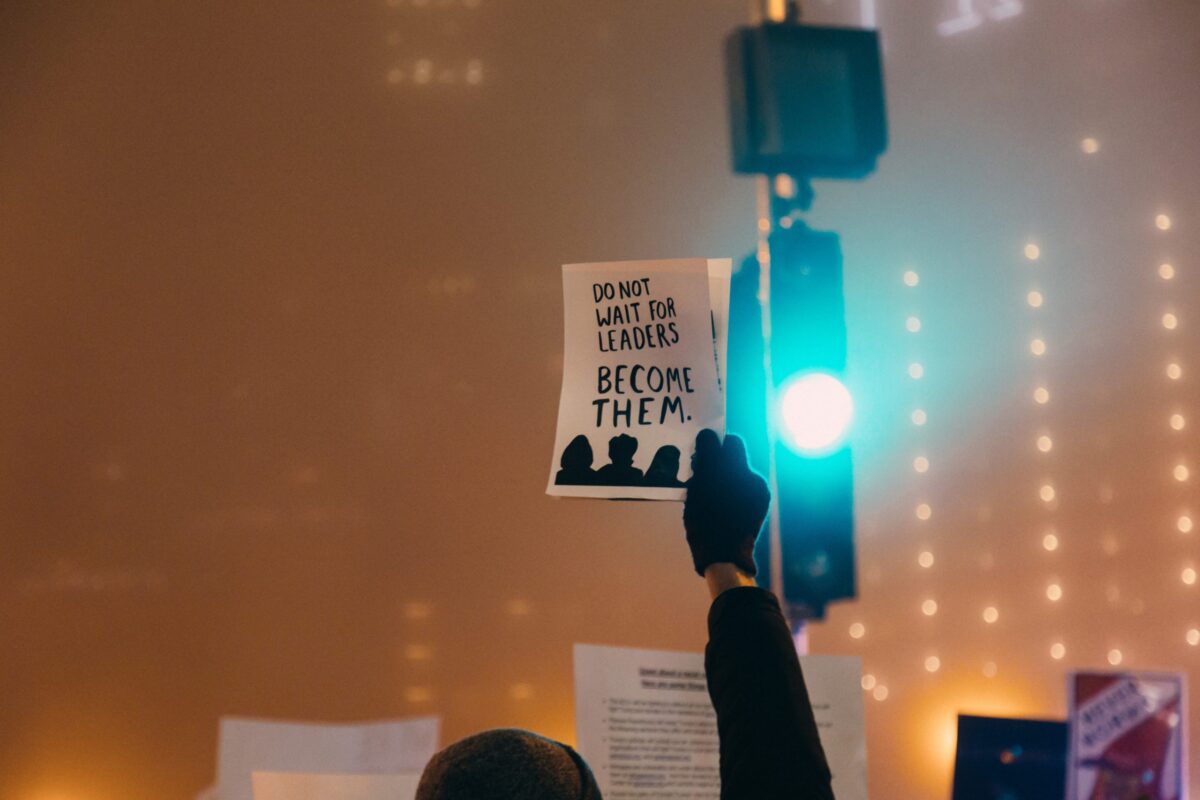
“The perceptional difference between finite and infinite can belie your thinking. Always be aware of the one that’s serving you and the one that’s not.” -Greg Williams, The Master Negotiator & Body Language Expert
When we play games, we engage in the wonderment of possibilities. When seeking to negotiate better via game theory, the perspective you adopt determines how you’ll plan for the negotiation and how you should engage in it.
There’s a heavy degree of mathematics involved in game theory. Two aspects I relate to negotiations are the perspectives of finite and infinite propositions. The one you adopt should be determined on the type of negotiator you’re negotiating against and how quickly you or he seeks an outcome.
Finite Negotiating:
Finite negotiations have fixed rules that both negotiators generally agree to. The negotiators may stray slightly outside of the boundaries but they’ll come inbounds in an effort not to have the boundaries expand beyond manageability.
Finite negotiations are good when seeking rigidity in a negotiation. There’s an approximate start and end time/date for the negotiation. Rules that dictate how the negotiators will engage in the negotiation must be established, too. Those rules should be rigid enough to maintain control of the negotiation and endowed with enough flexibility to overcome impasses.
Infinite Negotiating:
Infinite negotiations do not have specified end dates. They have mile-markers denoting deliverables at points in the negotiation. The negotiation itself is without hard rules. Thus, the negotiators know that either can change the rules; if not stated, it should be, so everyone understands the rule(s) of the negotiation.
An infinite approach to negotiating takes into consideration how either negotiator might advantage himself by altering the rules of the negotiation. Knowing that the negotiation doesn’t have a set end date means that each of them must consider long-term strategies. That also implies that the negotiation may encounter the changing of negotiators on both sides. This may occur a multiple number of times.
Finite Vs. Infinite Negotiation Strategy:
A finite strategy in a negotiation might entail negotiating with a major supplier, one that provides supplies to you and your competition. To get the best deal, so you can offer your product to the consumer at a lower price, you might make substantially larger purchases from that supplier than your competitor does in hopes of enticing the supplier to give you the best deal.
With an infinite negotiation strategy, you might start off adopting the same position as outlined with the finite strategy. The strategies then differ at the point when you decide that you’re occupying such a large share of the supplier’s business that you begin to dictate better prices than what you received with the finite strategy. At some point, you may even consider buying the supplier’s business or crating a business that competes against the supplier. In so doing, you’re aiming each maneuver at the competitor that you started the original negotiation with. The infinite approach becomes the longer activity you use to deal with your competitor.
Finale:
As the case in most negotiations, in game theory, a negotiator should negotiate from the assumption that the opposing negotiator will do whatever he can to maximize the outcome in his favor; you should view trust as a vestige virgin. Be prepared to thwart his efforts wherever possible. Thus, even when negotiating from a finite position, be ready to shift to an infinite style of negotiation. By doing so, you’ll prime yourself for a long-term negotiation, one in which you’ll have greater control throughout it no matter what course the negotiation adopts … and everything will be right with the world.
Remember, you’re always negotiating!
After reading this article, what are you thinking? I’d really like to know. Reach me at Greg@TheMasterNegotiator.com
To receive Greg’s free “Negotiation Tip of the Week” and the “Sunday Negotiation Insight” click here http://www.TheMasterNegotiator.com/greg-williams/
#GameTheory #Opportunity #Power #secrets #HiddenOpportunities #Mistakes #Management #SmallBusiness #Money #Negotiating #combat #negotiatingwithabully #bully #bullies #bullying #Negotiations #PersonalDevelopment #HandlingObjections #Negotiator #HowToNegotiateBetter #CSuite #TheMasterNegotiator #psychology #NegotiationPsychology










